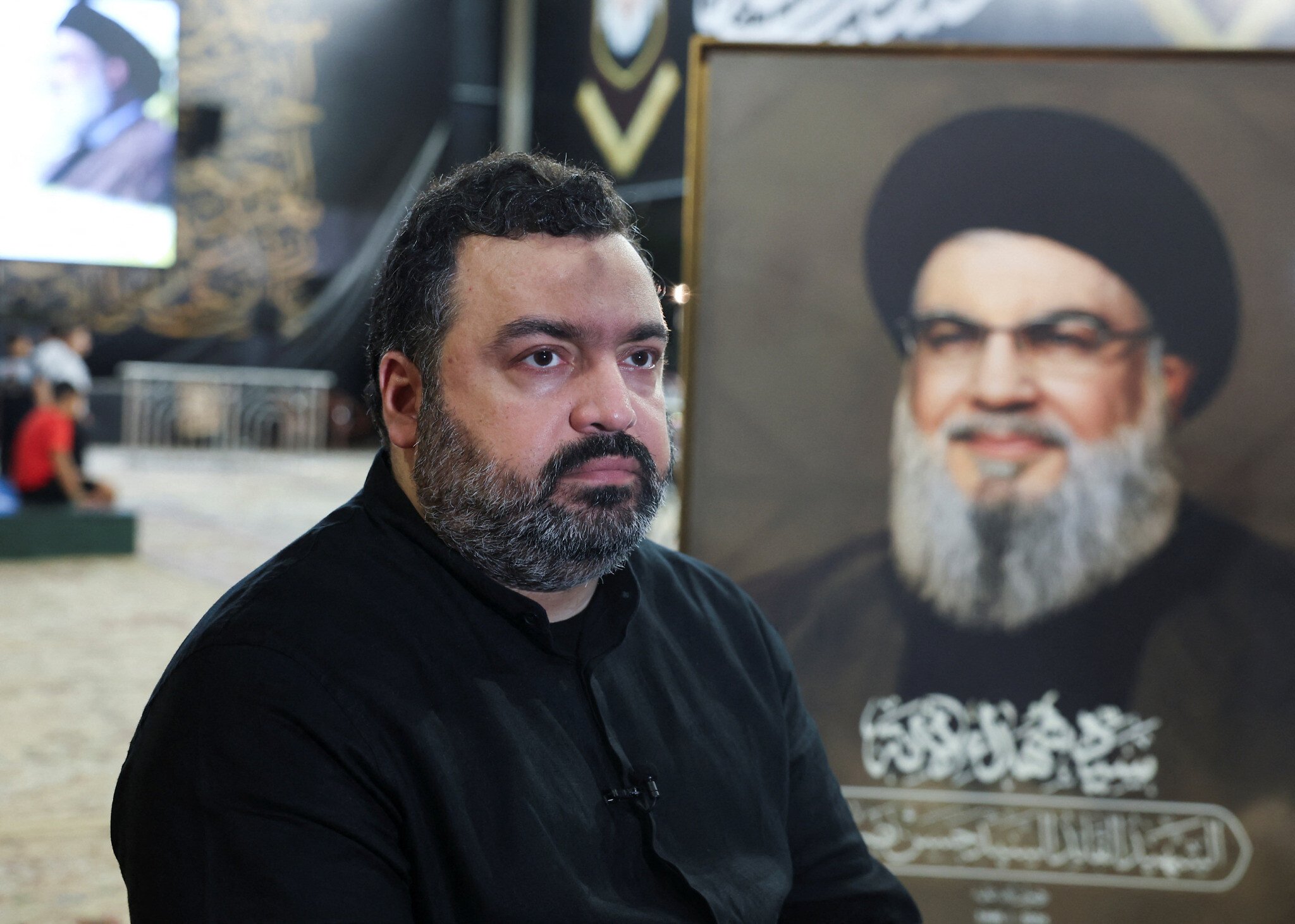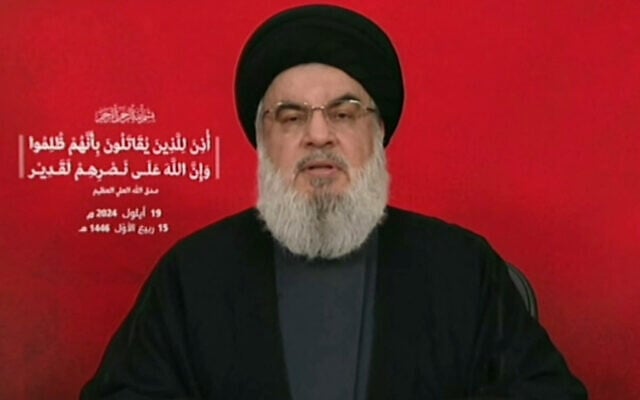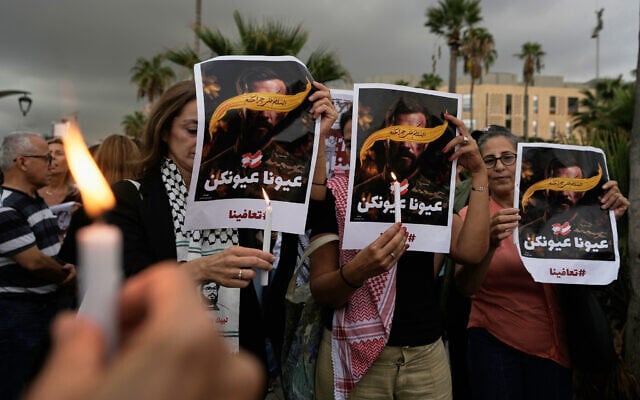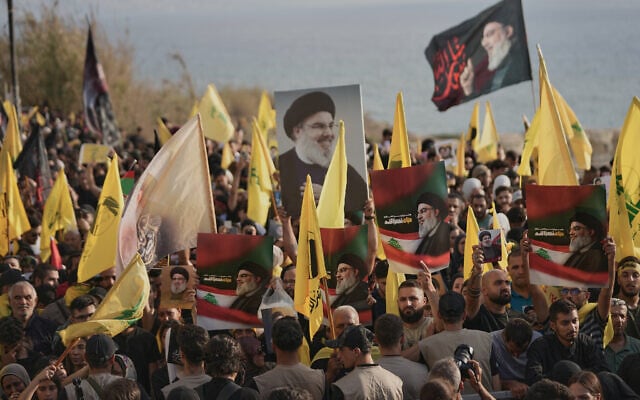


BEIRUT – This time last year, Hezbollah chief Hassan Nasrallah was consumed by rage over Israel’s detonation of pagers worn by members of the terror group throughout Lebanon, according to his son.
Days later, Nasrallah himself was killed. The pager explosions and Nasrallah’s killing turned out to be the opening salvos of an Israeli assault that killed the terror group’s top leadership, destroyed much of their arsenal and fortifications built along the border.
Those developments were unimaginable a year ago when Hezbollah’s then-leader was confronted with the major intelligence breach in the communication devices that killed dozens of the group’s members and maimed thousands of others.
“He was upset, angry, resentful – there was a lot of resentment and thinking, ‘How could this happen?’ He considered himself entrusted with those lives,” Jawad Nasrallah, Nasrallah’s second-oldest son, told Reuters in an interview at his father’s grave.
Security was tight around Nasrallah at the time. Jawad, like more than a million Lebanese, had been displaced by Israeli air strikes and had not seen his father for three months.
“You can say we took it day by day. Nothing was certain,” Jawad said.

Nasrallah’s last televised speech was on September 19. Eight days later, he was killed in a series of massive Israeli strikes on a site in Beirut’s southern suburbs on September 27, 2024, that destroyed an entire block under which the Hezbollah leader for more than 30 years was meeting with an Iranian general and some of his top military commanders.
“We found out on the news like everyone else. It was shocking, but we couldn’t cry – no one in the house could scream or express their feelings,” Jawad said, explaining that other tenants in the apartment building where they were temporarily staying were unaware of their links to the Hezbollah leader.

At the time, Israeli strikes targeted largely Shiite Hezbollah strongholds across southern Lebanon, raising the specter of civil war as Sunni or Christian towns regarded fleeing Shi’ite Muslims with open suspicion.
“We felt a moment of alienation like everyone else, in addition to the horrors of that time, which was terrible for everyone: war, bombing, brutality – and on top of that, alienation,” Jawad said.
With Israel escalating strikes across Lebanon and sending ground troops into its south, Nasrallah’s body could not be moved into a morgue for several days before a temporary burial. A formal ceremony was held months later during a truce.

The Israel-Hezbollah conflict began a day after the deadly Hamas-led attack on southern Israel on October 7, 2023, that triggered the ongoing war in the Gaza Strip. Hezbollah began firing near-daily rockets across the border in a “support front” for Hamas and Palestinians in Gaza. Israel responded with airstrikes and shelling, and the two sides were locked in a low-level conflict that escalated into a full-on war in September 2024.
It ended with a US-brokered ceasefire in November, but Israel has continued to carry out near-daily airstrikes in Lebanon, targeting Hezbollah violations of the agreement and aiming at preventing Hezbollah from regrouping.
The war with Israel that left Hezbollah badly weakened was followed by the toppling of the group’s Syrian ally, Bashar al-Assad, and a new government in Lebanon that has pledged to enforce a state monopoly on all arms.
Hezbollah has refused to give up its arsenal – a stance that Jawad, a businessman with no formal position in the group but who is sanctioned by the US, reiterated.
“Never in your fantasies or dreams,” he said, adding that he still asks his father for guidance.
“I ask him to solve some dilemmas. I tell him: ‘You have to solve this problem for us and help me with it,'” he said.

